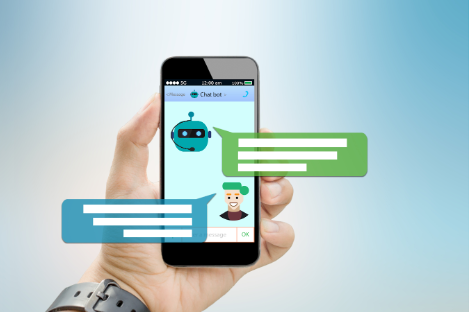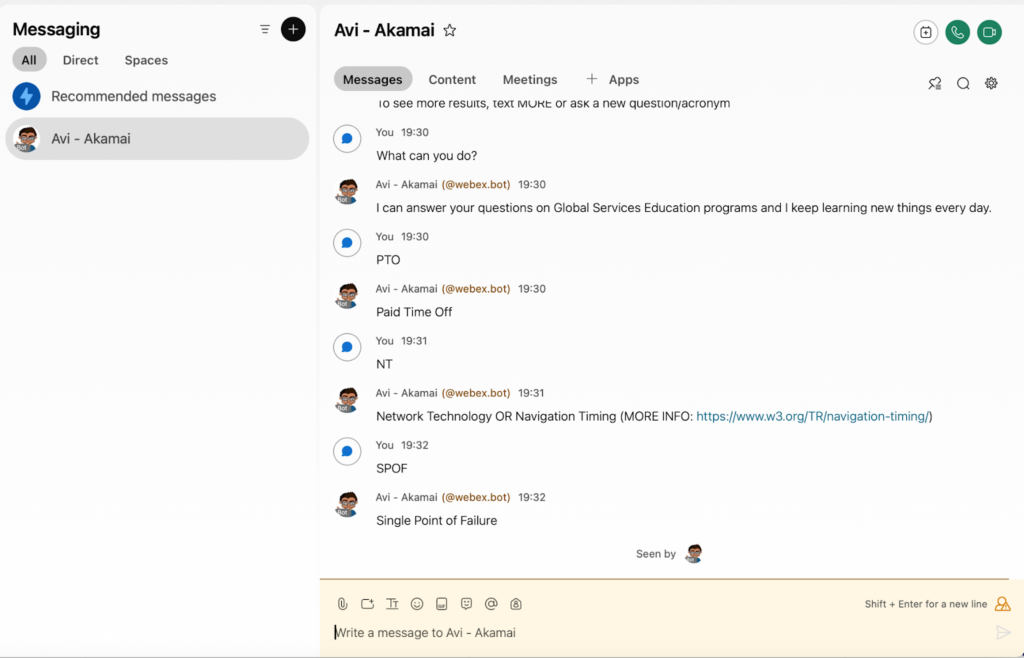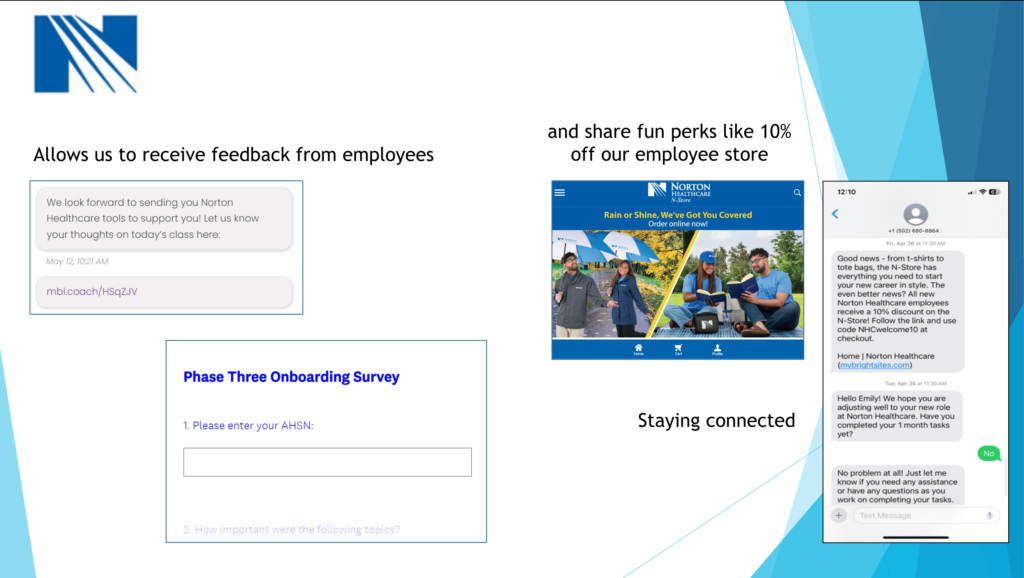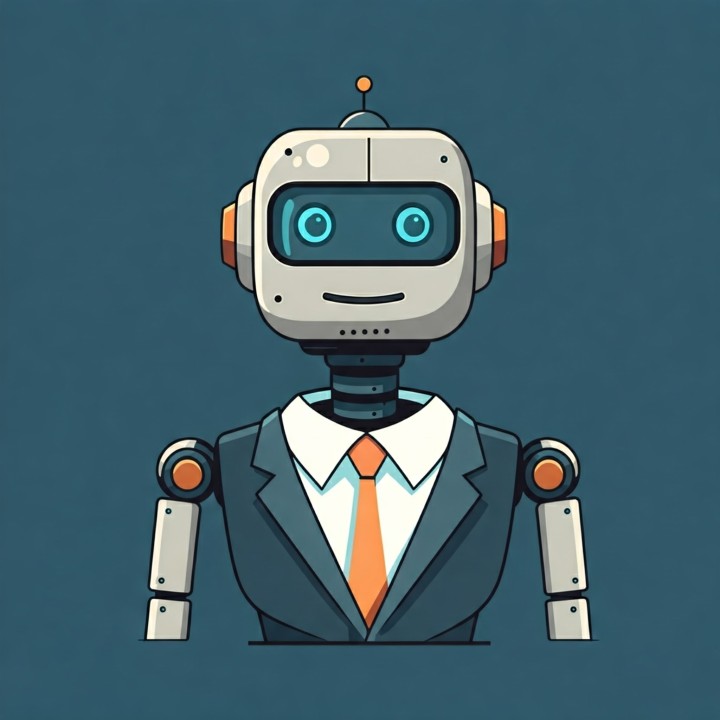With all the hubbub about artificial intelligence (AI) and chatbots this past year, many may not realize that chatbot development has been underway since the 1960’s. Joseph Weizenbaum developed a chatbot named Eliza at MIT in 1964. And what did Weizenbaum try to create? A chatbot that simulated a psychotherapist.

(Image source: Wikipedia, public domain)
From the earliest days of chatbot development, humans have been fascinated by a computer’s ability to coach or guide us. And this idea is as strong as ever and many organizations are envisioning how AI can be harnessed to help their people learn and develop. The seemingly sudden jump in natural language processing (NLP) ability of generative AI services like ChatGPT, Gemini and Bing AI have captured imaginations about what is possible.
Considering the expense of human executive coaching, could a large language model-driven chatbot be deployed as a way to effectively and affordably coach and develop a workforce, from front-line staff to the executive suite?
The Benefits of Using LLMs for Coaching
The core benefit of chatbot technology is scalability. Chatbots don’t require sleep and can handle countless interactions simultaneously. They are multilingual and can be trained to understand specific contextual settings, such as an individual’s job responsibilities. Scalability allows organizations to affordably provide coaching and on-demand job support across their entire workforce.
LLM-driven chatbots have impressed many with their breadth and depth of knowledge and capability, and they’re only going to get smarter over time. “Artificial” intelligence is a bit of a misplaced term because in many instances, the intelligence is real and legitimate. Millions of people are taking advantage of relying on LLM driven chatbots to answer questions, get advice and generate ideas.
Anonymity is a more subtle but important advantage of using a chatbot. When someone is needing help or stuck in their job, sometimes asking a computer for help feels safer. Asking for help can be vulnerable and that vulnerability prevents many people from seeking the help they need.
The Limitations of Using LLMs for Coaching
Despite the virtues and benefits of an LLM, there are drawbacks and dangers that organizations need to navigate through. In fact, some organizations have a policy that disallows LLM usage until some of these areas of concerns are more thoroughly addressed.
LLMs can still produce inaccurate information, which is called “hallucination.” And when they hallucinate, they still portray their responses as accurate, thereby forcing users to be very diligent in critically thinking to determine the legitimacy of the response. If organizations rely on LLMs for critical job support, they cannot afford to have an LLM provide inaccurate information.
LLMs are typically trained on publicly available information whereas organizations want chatbots to speak “their” company’s language. While LLMs can be fine-tuned and trained on corporate specific content, it is a challenge to ensure that an LLM will only rely on content libraries provided and ignore the broader dataset that it was originally trained on.
Perhaps most importantly, as smart as LLMs are, they are still computers and lack the empathy and emotional support that can be so critical in a coaching relationship. LLMs are fundamentally a transactional user experience, meaning they are designed to answer your question and then move on. A coaching use case is fundamentally a relationship-based user experience. Until LLMs are better at establishing an ongoing conversation, the user experience will still feel like you are talking with a computer.
What Can We Expect in the Future?
It’s exciting times for those working in the AI and chatbot industry. There has been much progress but it still feels like early days and generative AI technology is only going to improve. You can look forward to chatbots moving beyond just typing conversations in a web window and see them move into avatar format and perhaps even floating holograms at your side. Chatbots will also become multimodal, which means that they will be able to see what you see and observe your surroundings, which will enable them to coach you in much deeper ways than they can today.
This future can seem just as terrifying as it seems exciting, but this type of progress and innovation is inevitable. For anyone that is actively looking to improve skills to better themselves in their careers and personal lives, chatbots are definitely a resource to help today and will only get more effective in the years to come.








